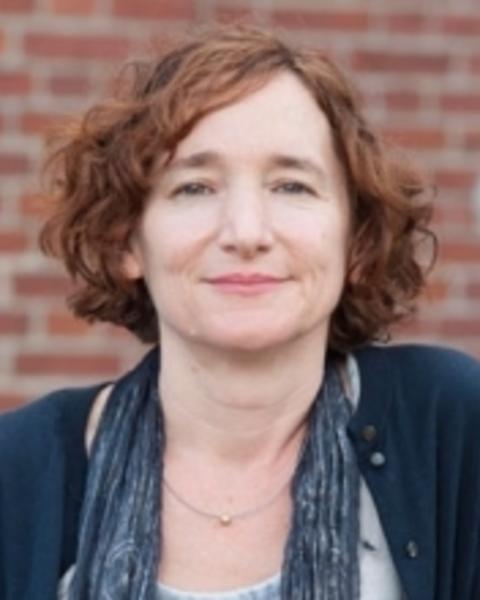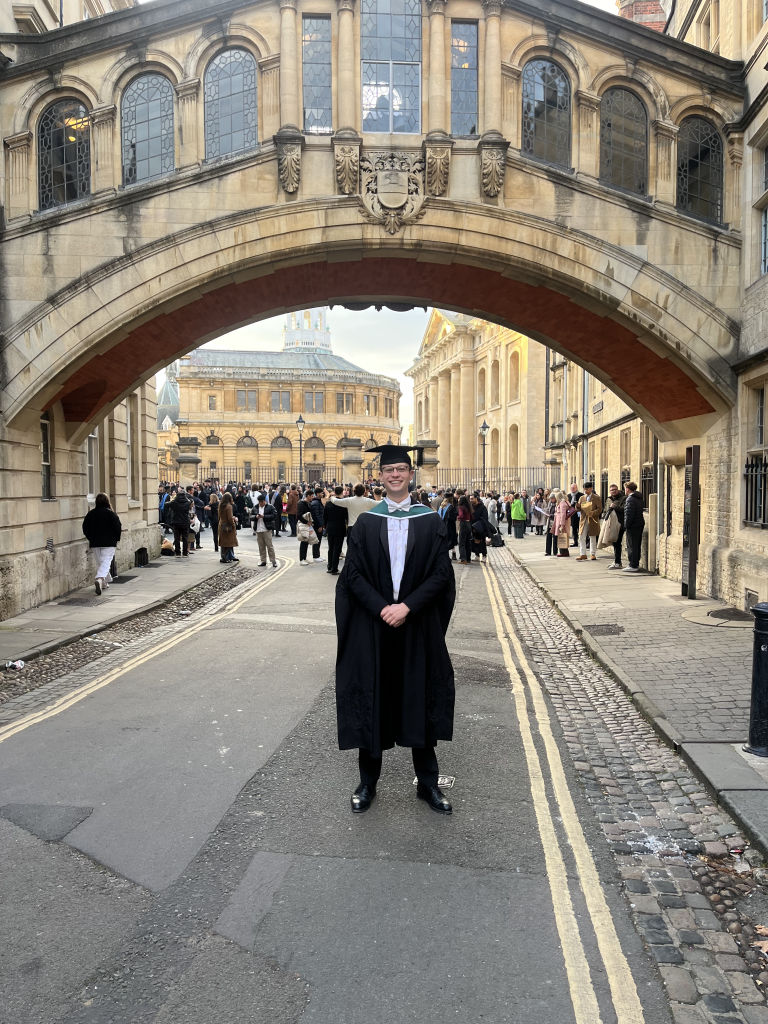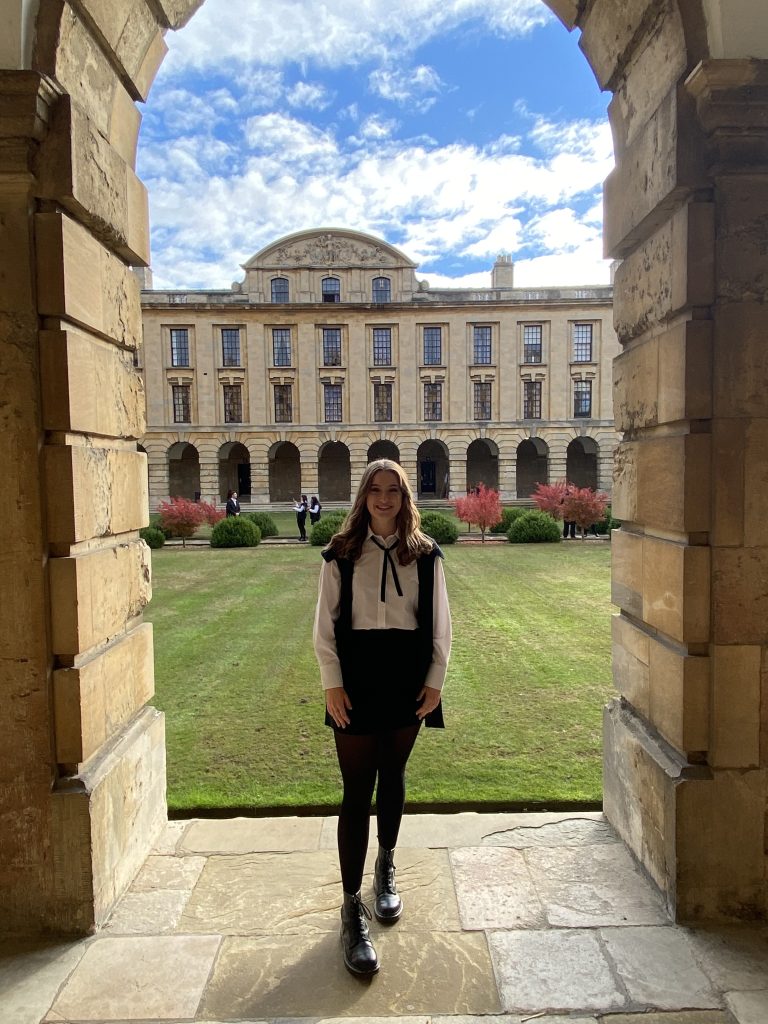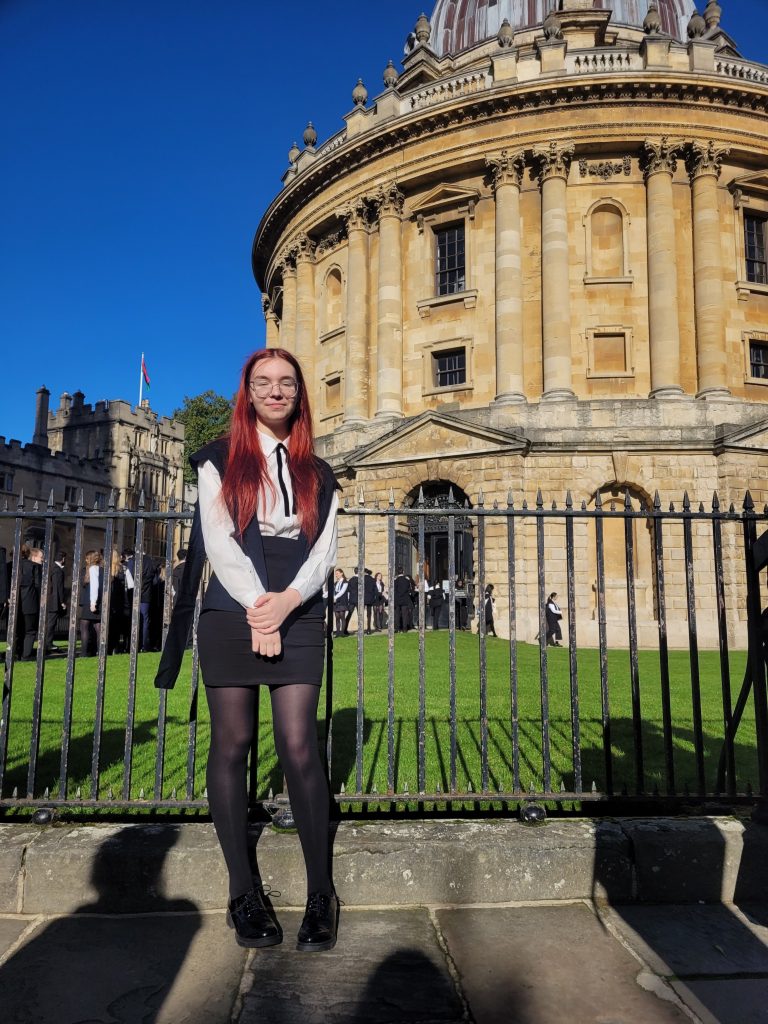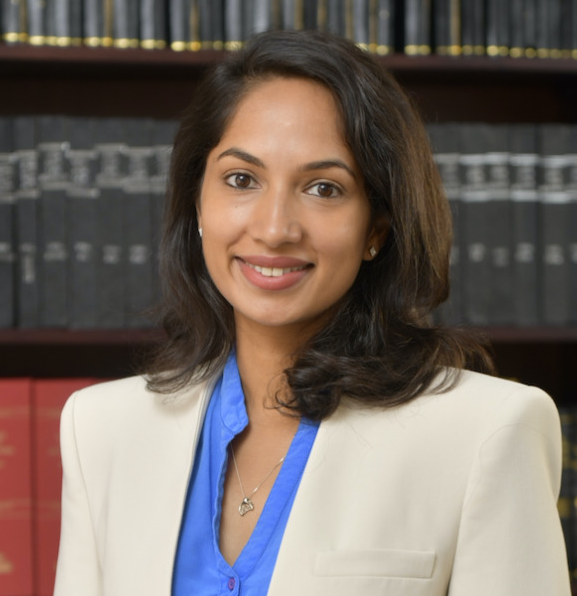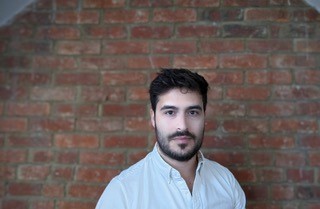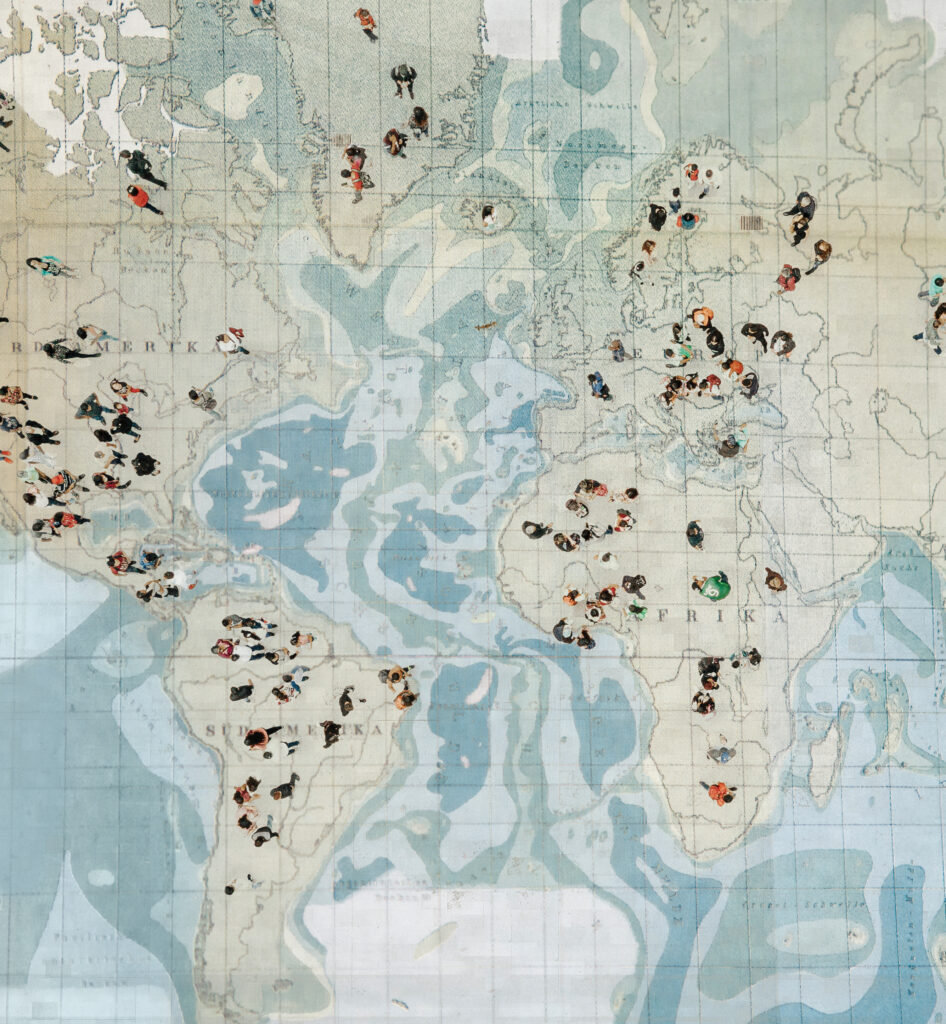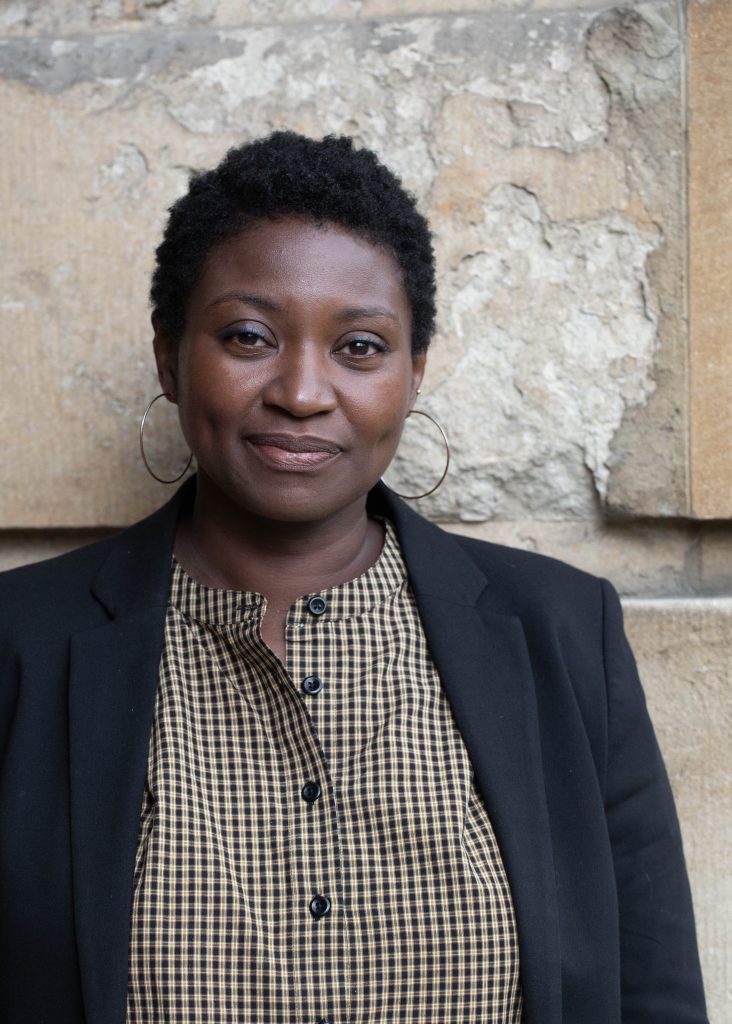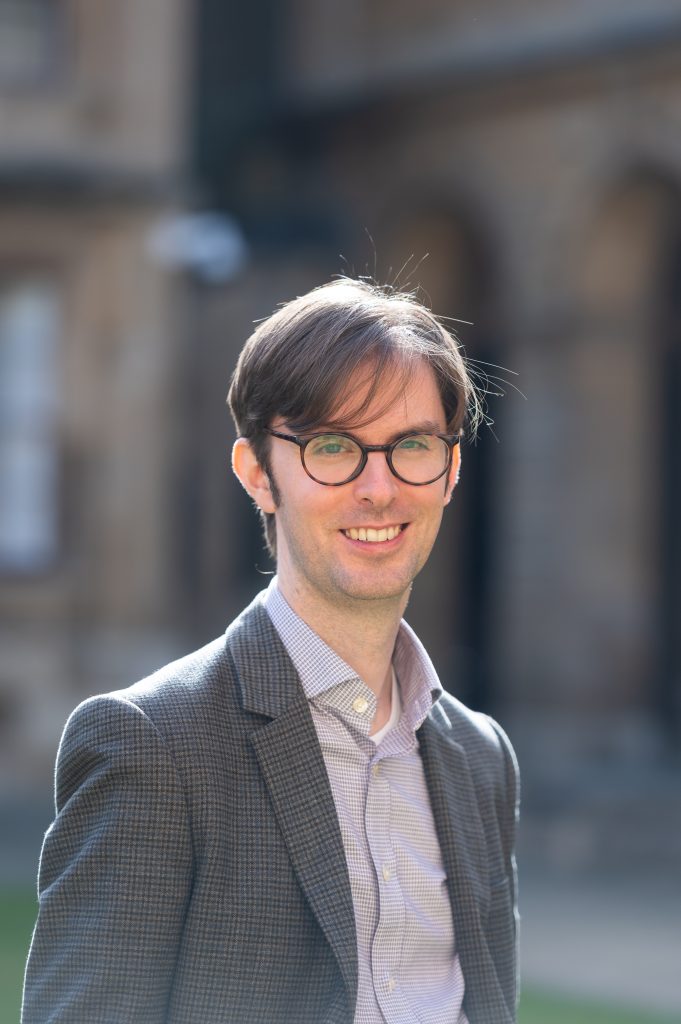Course
- BA Ancient and Modern History
- BA History
- BA History and English
- BA History and Modern Languages
- BA History and Politics
Admissions
We normally admit 10 students per year for History and the History joint school courses. Within this quota, applicants are selected on merit: there is no fixed ratio of main school to joint school admissions and no ‘sub-quota’ for joint schools.
The courses
All History courses last for three years, though those studying History and Modern Languages will normally spend an additional year abroad, between their second and final years. There are few restrictions upon the choice of papers within the History courses, and no restrictions at all after students’ first year: those papers which cannot be taught in Queen’s are taught by arrangement in other colleges. Full details of the History and joint school courses can be found on the History Faculty website.
Teaching
Students in all courses except History and Modern Languages take four papers for the Preliminary Examination at the end of the first year, and a further seven for their Final Honours Schools. The range of options available within the History syllabus is immensely wide and diverse, and students are encouraged to be adventurous, rather than sticking to areas familiar from school. The University’s ‘rules’ indeed require students in the main History school to choose an outline paper from each of three period blocs – medieval, early modern and modern – and to choose at least two European and one World history paper during their degree.
These requirements are necessarily relaxed in the joint schools, where students take fewer History papers, but the range of options available to joint school students is just as broad, and the study of two distinct but related disciplines offers fresh challenges and opportunities:
Ancient and Modern History offers the opportunity to study the ancient world alongside the medieval and modern in a broad, thematic perspective that encourages critical and creative historical understanding. Knowledge of classical languages is not expected in advance, but can be acquired or strengthened during the course.
The History and English degree offers a very productive way of thinking about the creation and use of texts (whether ‘literary’ or not) in a variety of historical contexts. While many of the English papers are period-based and will therefore overlap very directly with parts of the History course, others, particularly in the final year, allow you to compare themes and genres across periods. Two interdisciplinary papers taught jointly by members of the English and History Faculties enable History and English students to draw together their interests and skills from both sides of the degree.
The History and Modern Languages degree allows you to combine the study of History with a foreign language and literature, which puts you in a good position to make use of source texts and documents not available to others. The one formal way in which the two strands of the course are joined is in the ‘bridge essay’, a compulsory element which encourages you to think about the relations between history and literature. Otherwise, you can either focus on the history of the countries whose language you are studying and align your periods of history with periods of literature, or study the two sides of the course more independently.
History and Politics students can set the study of political science in the context of the historical development of states and societies. Whilst the two subjects naturally overlap most extensively in the modern period, there is no assumption of a modern bias on the History side of the course, and the same range of period papers is available to History and Politics students as to those studying the main History school. A historical approach can enhance the study and understanding of present-day political systems, while an understanding of the theories and techniques of political science can help structure historical analysis.
Each of the courses available offers opportunities for independent assessed study, and in History, Ancient and Modern History, History and Politics and History and English students submit a thesis based on original research on a topic of their own choosing (in History and Modern Languages this provision is optional).
Interviews
All candidates who pass the History Aptitude Test are normally called for interview. Those applying for the main school may have two interviews in History. During the interview, candidates are asked questions about their submitted written work. They may also be asked questions about a sample historical document, source or piece of historical writing which they have been given to examine shortly before or in the context of the interview. Similar arrangements apply in Ancient and Modern History. Candidates for History and English, History and Modern Languages and History and Politics will have only one interview in History, and another in their other subject, following broadly the forms specified in the pages for English, Modern Languages and Philosophy, Politics and Economics.
Candidates for History courses have normally studied the subject at school. We therefore look for evidence of an ability to handle historical evidence and to deploy the skills of historical analysis. But we are more concerned to identify the potential for future development. An ability to deal with unfamiliar material, or with unfamiliar approaches to familiar material, is more likely to impress us than a simple encyclopaedic knowledge of your subject.
